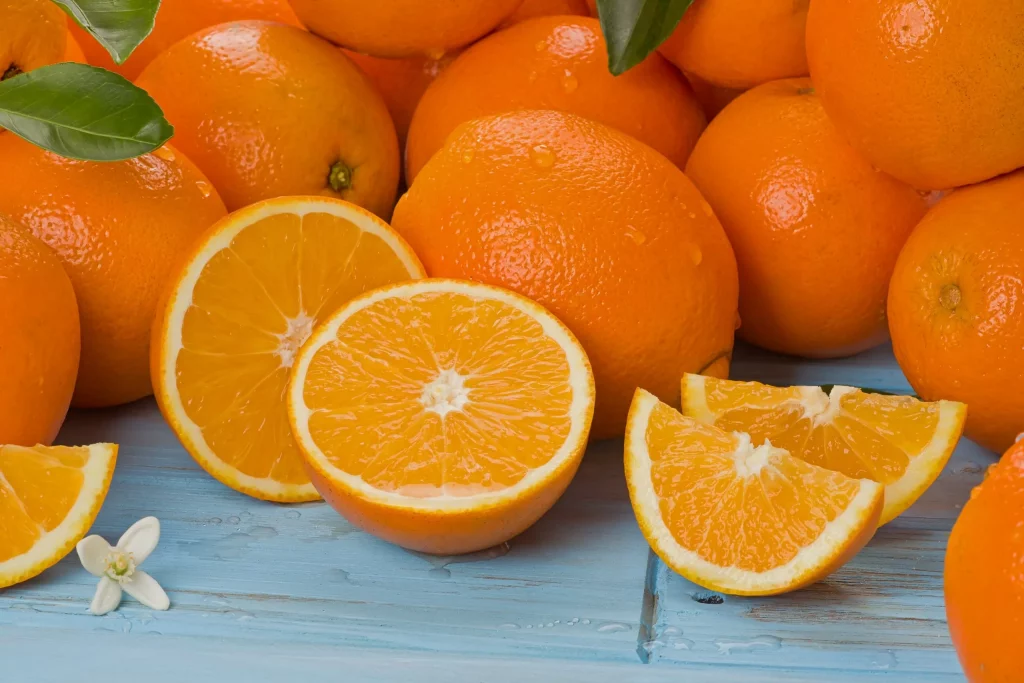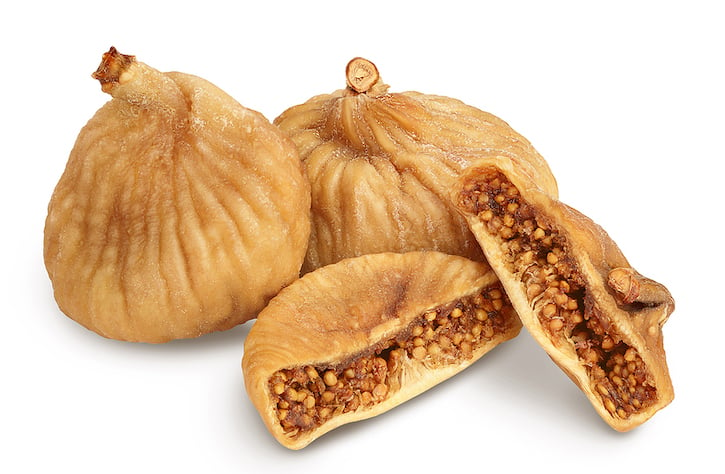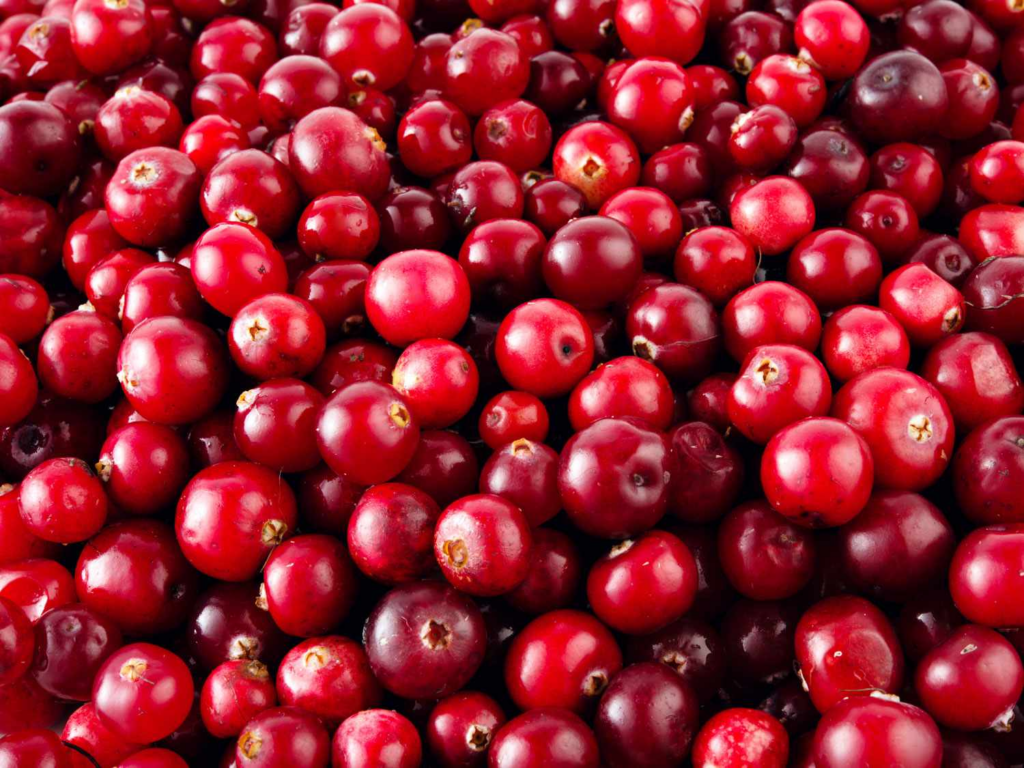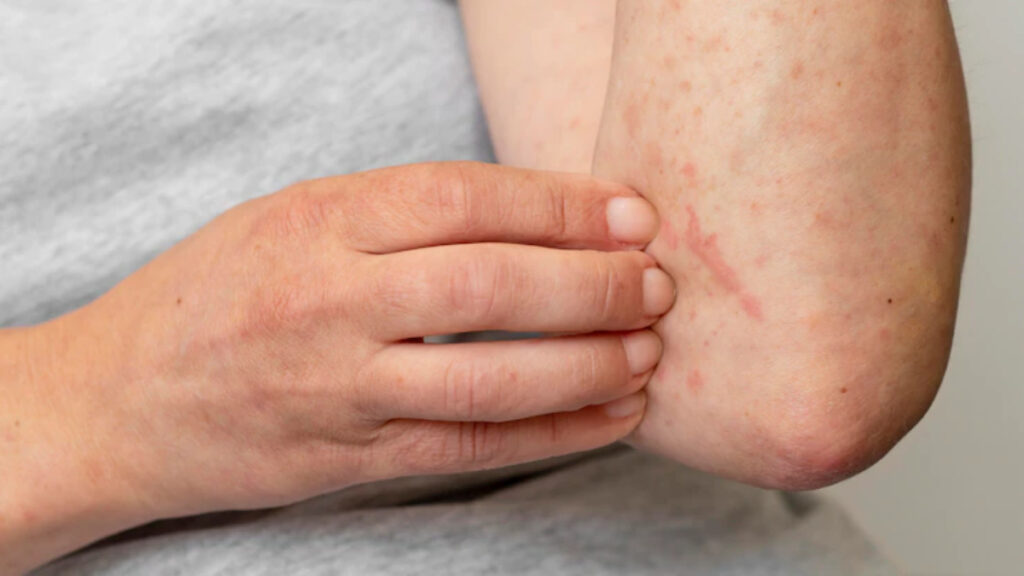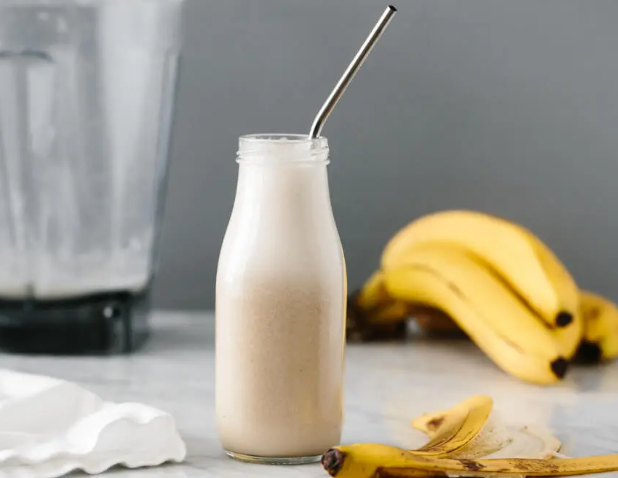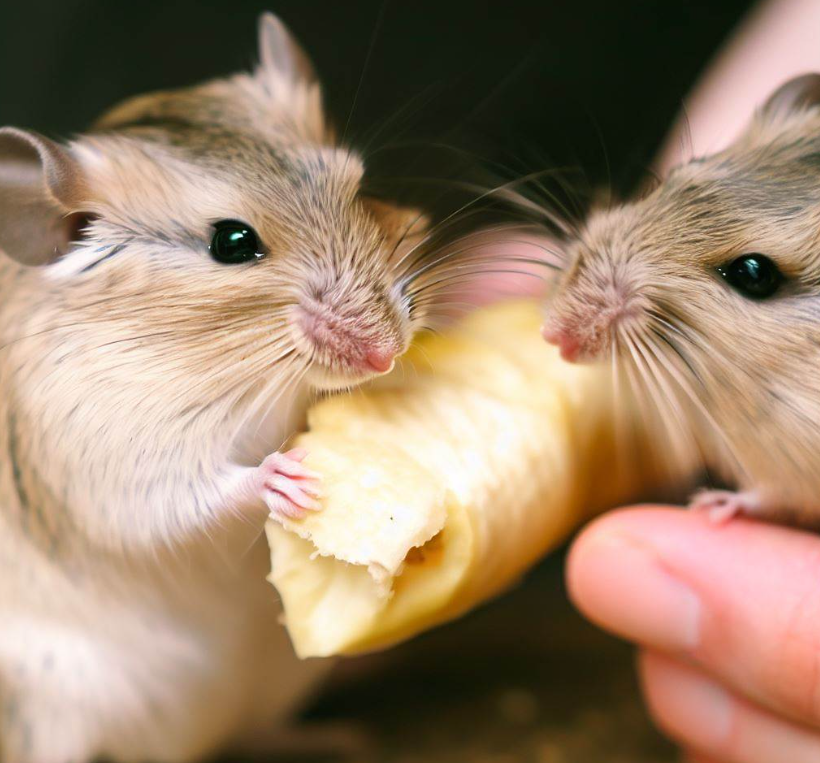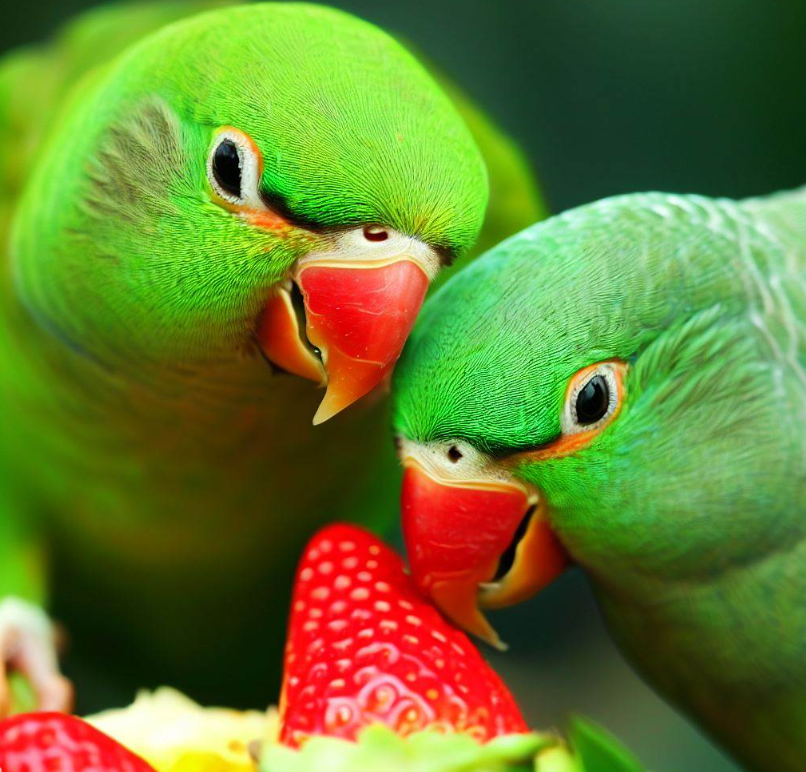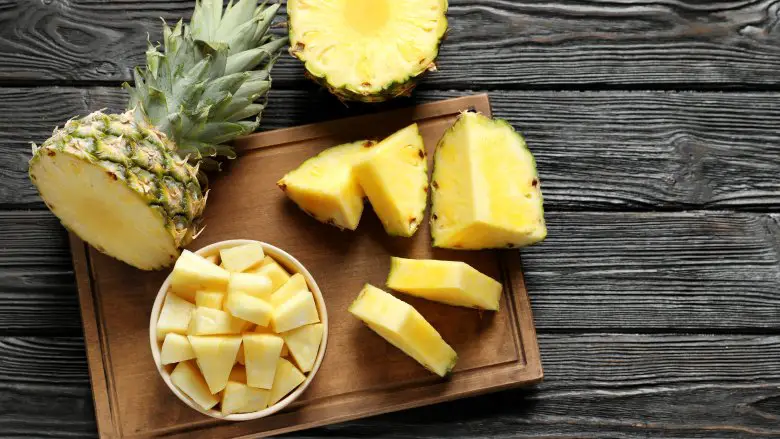Mangoes are loved by many for their sweet taste and rich nutrients. But there’s a big seed in the middle that makes us wonder: Can we eat it? Are there good things that come from eating mango seeds?
Table of Contents
About Mango Seeds
The mango seed, also called a pit, is big and flat. It’s tough on the outside but has a softer core that’s kind of fuzzy.
In many places, people toss out the mango seed, but in some cultures, especially where mangoes come from in South and Southeast Asia, folks eat it along with the fruit.
If you’re curious whether you can eat a mango seed, yes, you can! But it’s a good idea to know about the possible good things and warnings before trying it.
What’s In Mango Seeds?
While they’re not packed with nutrients like the mango flesh, mango seeds have some noteworthy bits:
- Fiber – The fuzzy stuff around the seed is full of fiber, which helps your tummy work right and might help lower bad cholesterol.
- Antioxidants – They have substances called phenols and flavonoids that fight harmful elements in your body called free radicals.
- Helpful Plant Stuff – Things like mangiferin and other plant chemicals in the seed can be good for your health.
- Good Fats – There are oils in the seed that might be good for your heart.
- Vitamins and Minerals – The seed has a bit of folate, vitamin K, potassium, magnesium, iron, and phosphorus.
Mango seeds offer some fiber, antioxidants, and healthy stuff from plants and fats that can be good for you.
Why Eating Mango Seeds Might Be Good
Scientists are still figuring out all the ways mango seeds can be good for us. So far, here’s what they’ve found:
1. Could Help with Blood Sugar
Tests on animals show mango seed stuff might lower blood sugar and help with insulin not working right. The fiber and other chemicals in the seed seem to help handle sugar in the body. This could be really important for people with diabetes, but we need more studies to be sure.
2. Better Digestive Health
The fiber in mango seeds keeps your digestion moving and is good for your gut. Fiber adds bulk to your waste and feeds the healthy bugs living in your tummy.
3. Reduces Inflammation
Antioxidants and other helpful things in the seeds can calm inflammation in your body. Long-term inflammation can lead to various health problems.
4. Might Drop Cholesterol
Some research shows that stuff in mango seeds could help get rid of bad cholesterol in your body. This is likely because of the fiber and good fats they have.
5. Kills Germs
Studies suggest mango seed bits can fight off bacteria and fungus, although we still need more research. This could mean mango seeds help keep your tummy and whole body healthy.
6. Good for Your Heart
With fiber, antioxidants, vitamins, and minerals, mango seeds might help your heart stay healthy. Also, plant chemicals could make your blood vessels relax, and fiber and fats help keep a good balance of fats in your blood.
The studies on mango seeds show they might help in many ways, like with your blood sugar and heart. But to be sure, we need more studies with people.
Things to Watch Out For
Even though mango seeds have good things in them, you need to be careful because of a thing called urushiol. It’s in the tough shell of the seed and can bother some people. Here’s what to do if you want to try eating them:
- Get rid of the hard shell – You’ll want to soak and peel it off before you get to the seed inside.
- Don’t eat too much – Have mango seeds sometimes and not in big amounts to avoid upsetting your stomach.
- Check for poison – Seeds from not fully ripe mangoes might be toxic. Always make sure they’re completely ripe and clean.
- Watch out for allergies – If you’re allergic to mangoes or nuts (since mangoes are similar to nuts), it’s best to steer clear of the seeds.
If you’ve never had mango seeds, start slow and stop if you feel bad. Pregnant ladies, little kids, and anyone taking meds should talk to a doctor first.
Even though there’s a lot we don’t know yet, including seeds in your diet can be good if you’re careful. And while you don’t have to eat them, the mango’s main part is already full of nutrients and special plant stuff.
Yummy and Good for You (But Don’t Have Too Much)
You can have some mango seeds as a small treat. Just take the hard outside off, and you can eat the seed by itself or grind it to add to smoothies or recipes. They taste a bit nutty and sweet, and you can have them raw or roasted.
Mango seeds give you fats that are good for you, fiber, stuff that fights off diseases, vitamins, and minerals. Eating them might help with inflammation, cholesterol, and killing germs.
Even though they’re not as nutritious as the mango fruit, seeds have a light mango taste and are good for you. So, next time you have a fresh mango, think twice before you throw the pit out.
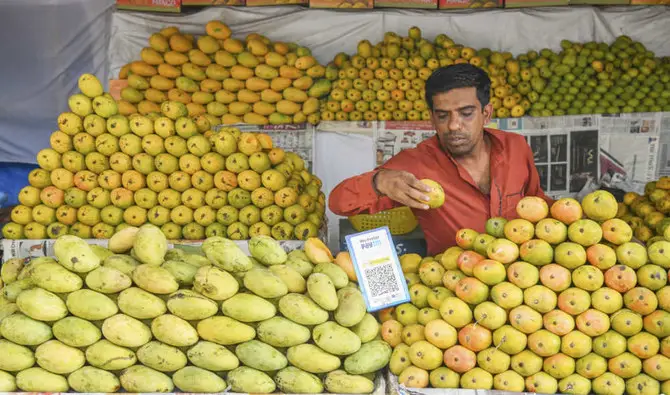
![What Is the National Fruit of Afghanistan and Why? [ANSWERED]](https://fruitonix.com/wp-content/uploads/2023/04/pomegranate.webp)
